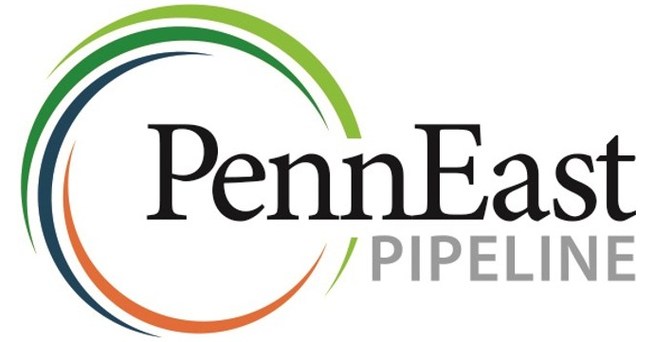The PennEast Pipeline Company will focus its efforts on a two-phase approach to completing a pipeline project.
The company has filed an amendment with the Federal Energy Regulatory Commission (FERC) to construct the pipeline in two phases.
FERC regulates the interstate transportation of electricity, natural gas and oil.
According to officials, phase one consists of 68 miles of pipeline in Pennsylvania, which would be ready to deliver natural gas by November 2021.
Phase two would finish the remaining route in Pennsylvania and New Jersey, with a target completion in 2023.
“Families and businesses in eastern Pennsylvania and the Greater Philadelphia region will finally benefit from greater access to low cost natural gas by separating the certificated PennEast route into two phases,” said Anthony Cox, chair of the PennEast Pipeline Company Board of Managers.
“Building the project in phases allows PennEast to meet the clear public need in the short term in Pennsylvania and in the long term in New Jersey by affording sufficient time for permit and legal issues to be resolved,” Cox said.
Officials recently received welcome news from FERC which in a 2-1 decision approved a declaratory order stating that the federal Natural Gas Act allows pipeline developers to seize state-owned land and private land through eminent domain (condemnation).
The construction of the 116-mile-long natural gas pipeline is a $1 billion project from Pennsylvania into New Jersey.
PennEast recently filed documents with FERC to withdraw its Feb. 5, 2016, Water Withdrawal and Discharge Application from consideration by the Delaware River Basin Commission (DRBC).
The DRBC reviews applications for water resource projects that withdraw from or discharge to the basin’s waters over certain thresholds.
“PennEast is trying to play games with the system for their own benefit. They withdrew their water permit application from the DRBC because they know it does not meet its requirements. PennEast is using time now as a way of fixing their application for an unneeded and unnecessary pipeline,” said Jeff Tittel, director of the New Jersey Sierra Club.
“What’s even worse is that they want to start construction in Pennsylvania and then try and use that to pressure New Jersey for permits. PennEast is trying to get around DRBC oversight and rules,” Tittel said.
He alleged that PennEast officials want to get around environmental reviews and regulatory hurdles by segmenting the pipeline project.
During 2019, PennEast faced several setbacks with the New Jersey portion of the pipeline. In November, the company decided to appeal to the U.S. Supreme Court.
The decision came in light of a ruling by the Third Circuit Court of Appeals denying PennEast’s request to rehear a case concerning the condemning of 42 parcels of New Jersey state-owned land for PennEast’s pipeline project.
Due to that denial and opinion by the Third Circuit, the New Jersey Department of Environmental Protection also denied the company’s Freshwater Wetlands Permit application, stating that PennEast’s application could not be “administratively complete” because of the court’s decision.
If the pipeline project is constructed, its construction would occur in the Hopewell area, while the New Jersey leg of the pipeline accounts for about one-third of the total project.

